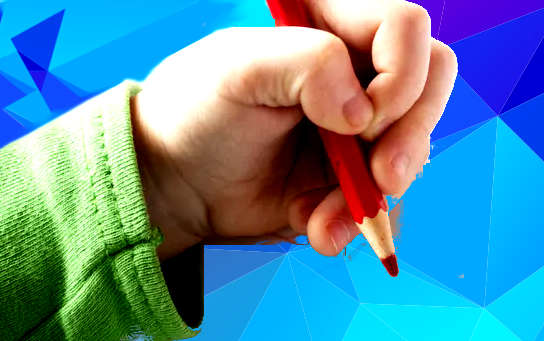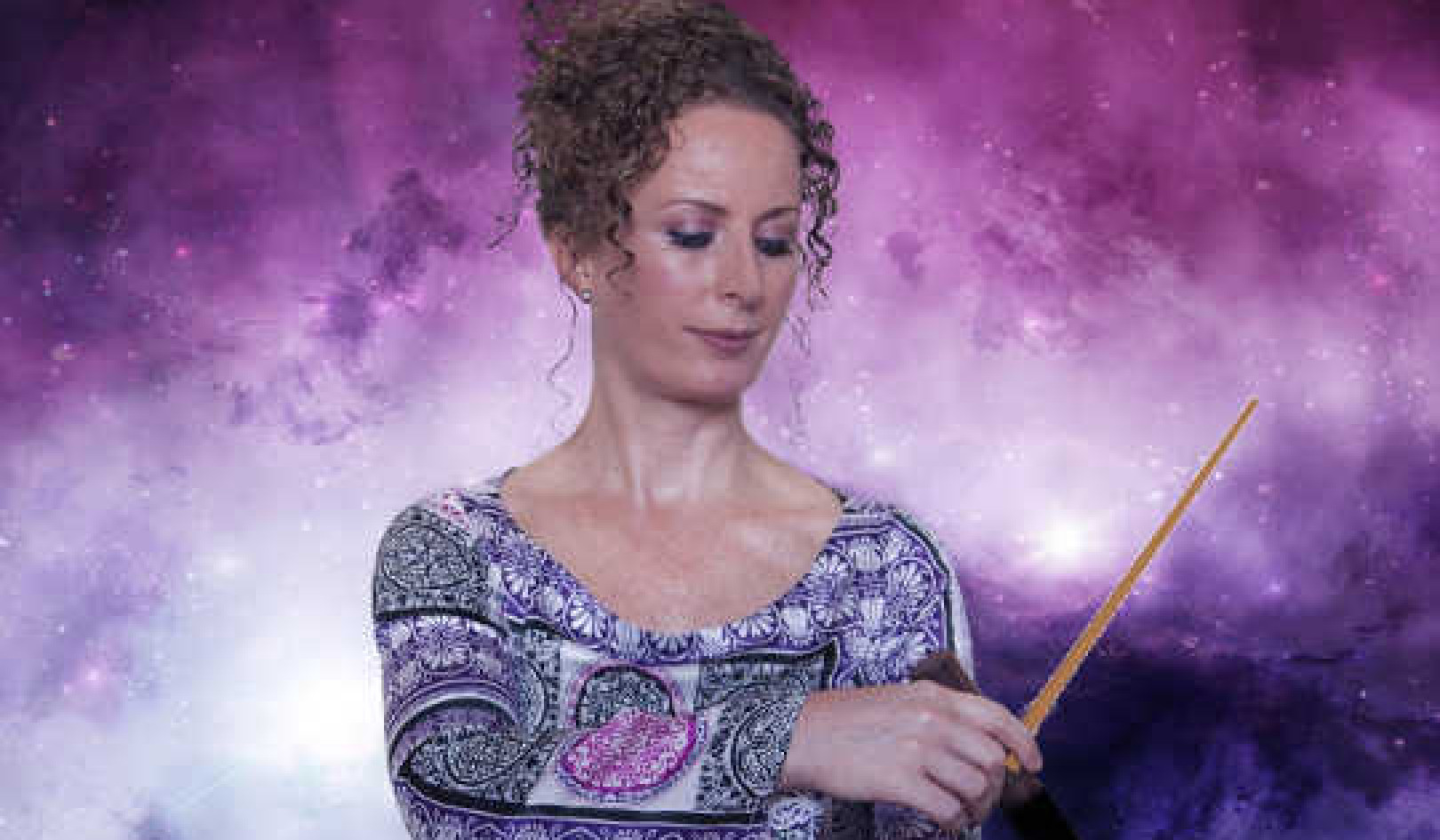 Shutterstock
Shutterstock
Why are some kids left-handed and others are right-handed? — Sofia, aged 8
For a lot of human history, lefties have been seen as a little odd, and unfortunately some have even been treated very badly. For example, the word “sinister” comes from the Latin for “left” or “left hand”.
Luckily, some cultures have been more kind. The Inca, an old civilisation from South America, thought left-handed people had special spiritual powers. Also, it was good luck to be left-handed among the North American Zuni peoples. To be clear — there’s nothing wrong with being left-handed!
This preference for a particular hand is known as “handedness” and can be seen across many parts of the world.
Interestingly, only around one in ten people are left-handed. This means there are probably two or three kids in your class who will use their left hand to throw a ball or draw a picture.
It seems humans throughout history have preferred to use our right hand instead of our left. Evidence suggests our ancestors tended to use their right hand for tasks, perhaps like throwing rocks or picking berries, as far back as seven million years ago!
Why do we prefer one hand over another?
Sticking to one hand while writing a letter, drawing a picture, or throwing a ball helps make you better at performing those tasks.
Constantly swapping hands may mean the brain takes longer to learn how to do those things, so your brain tells you to favour a particular hand.
It’s also the reason why you probably prefer using a particular foot when kicking a ball. Remember, the more you kick with that foot, the better you become at kicking.
But it’s not just our hands and feet that we prefer one side over another when performing a task — even our brain does this!
 The human brain has two big parts. One on the left, and one on the right! Certain abilities are linked with one side of the brain. Shutterstock
The human brain has two big parts. One on the left, and one on the right! Certain abilities are linked with one side of the brain. Shutterstock
For example, your abilities to speak, do maths, and paint a picture prefer to sit on one side of the brain compared to the other.
Amazingly, the hand you use to write or throw a ball is often related to the side of the brain you use to speak. For example, if you use the left side of the brain to speak, you will likely be right-handed and the opposite is also true.
This relationship between brain function and handedness seems to be the reason why some people are left-handed, and some are right-handed.
When do we become left-handed or right-handed?
Which hand you use is not a choice. Rather, it’s a mixture of your genes which you get from your parents, and also your life experience.
Interestingly, identical twins, who share exactly the same genes, don’t always share the same handedness.
Most parents can begin to tell which hand their kid prefers by around two years of age.
However, scientists can accurately predict whether you will be left or right-handed before you are even born! By measuring which arm moves the most in babies still living in their mum’s womb, they can determine which hand you will prefer when you are born.
For now, even though lefties make up around 10% of the population, there are reasons to celebrate: August 13 is officially Left-handers Day! So, who’s got the upper hand now?
 About the Authors
About the Authors
Matthew Barton, Senior lecturer, School of Nursing and Midwifery, Griffith University and Michael Todorovic, Senior Lecturer, Griffith University
This article is republished from The Conversation under a Creative Commons license. Read the original article.

Related Books:
Atomic Habits: An Easy & Proven Way to Build Good Habits & Break Bad Ones
by James Clear
Atomic Habits provides practical advice for developing good habits and breaking bad ones, based on scientific research on behavior change.
Click for more info or to order
The Four Tendencies: The Indispensable Personality Profiles That Reveal How to Make Your Life Better (and Other People's Lives Better, Too)
by Gretchen Rubin
The Four Tendencies identifies four personality types and explains how understanding your own tendencies can help you improve your relationships, work habits, and overall happiness.
Click for more info or to order
Think Again: The Power of Knowing What You Don't Know
by Adam Grant
Think Again explores how people can change their minds and attitudes, and offers strategies for improving critical thinking and decision making.
Click for more info or to order
The Body Keeps the Score: Brain, Mind, and Body in the Healing of Trauma
by Bessel van der Kolk
The Body Keeps the Score discusses the connection between trauma and physical health, and offers insights into how trauma can be treated and healed.
Click for more info or to order
The Psychology of Money: Timeless lessons on wealth, greed, and happiness
by Morgan Housel
The Psychology of Money examines the ways in which our attitudes and behaviors around money can shape our financial success and overall well-being.























